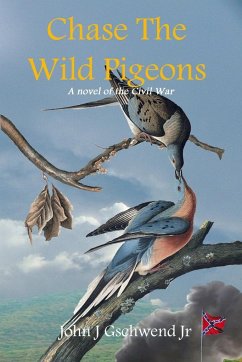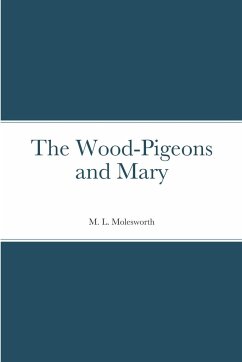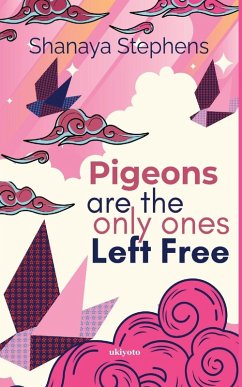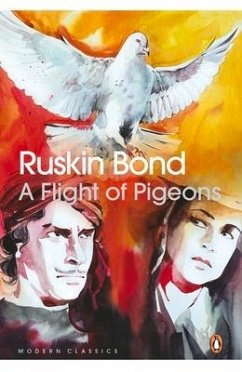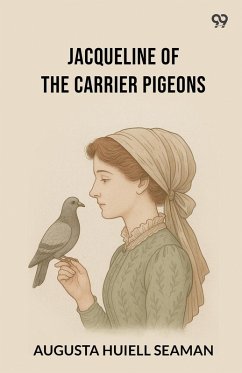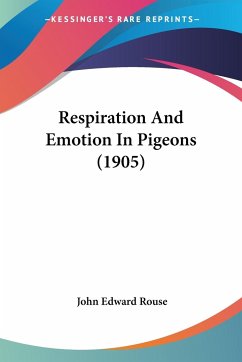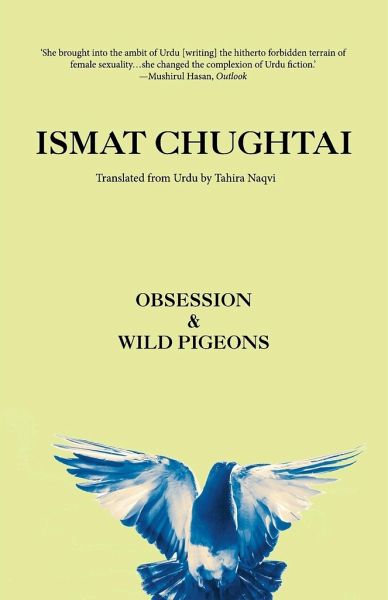
Obsession & Wild Pigeons
Versandkostenfrei!
Versandfertig in 1-2 Wochen
12,99 €
inkl. MwSt.

PAYBACK Punkte
6 °P sammeln!
'She brought into the ambit of Urdu [writing] the hitherto forbidden terrain of female sexuality…she changed the complexion of Urdu fiction.'-Mushirul Hasan, Outlook In the two bold and gripping novellas brought together in this volume, the inimitable Ismat Chughtai writes of subversive women-subversive in unexpected ways-as they experience romantic and sexual desire, defy societal restrictions, struggle, scheme and sometimes court tragedy. Obsession (Saudai), deals with one of Chughtai's favourite themes, the 'master-servant' romance-in this case, two brothers, sons of a feudal household, i...
'She brought into the ambit of Urdu [writing] the hitherto forbidden terrain of female sexuality…she changed the complexion of Urdu fiction.'-Mushirul Hasan, Outlook In the two bold and gripping novellas brought together in this volume, the inimitable Ismat Chughtai writes of subversive women-subversive in unexpected ways-as they experience romantic and sexual desire, defy societal restrictions, struggle, scheme and sometimes court tragedy. Obsession (Saudai), deals with one of Chughtai's favourite themes, the 'master-servant' romance-in this case, two brothers, sons of a feudal household, in love with the same orphan girl. And Wild Pigeons (Jungli Kabutar)-based on the experiences of a famous Bollywood personality-probes the theme of infidelity, dissecting the emotions not only of the partner who is betrayed but also the one who betrays. In Chandni and Abida, the main protagonists of the novellas, Chughtai gives us two of the strongest women in Indian fiction-clever, self-willed, flawed and, in the end, far braver than the men in their lives.




